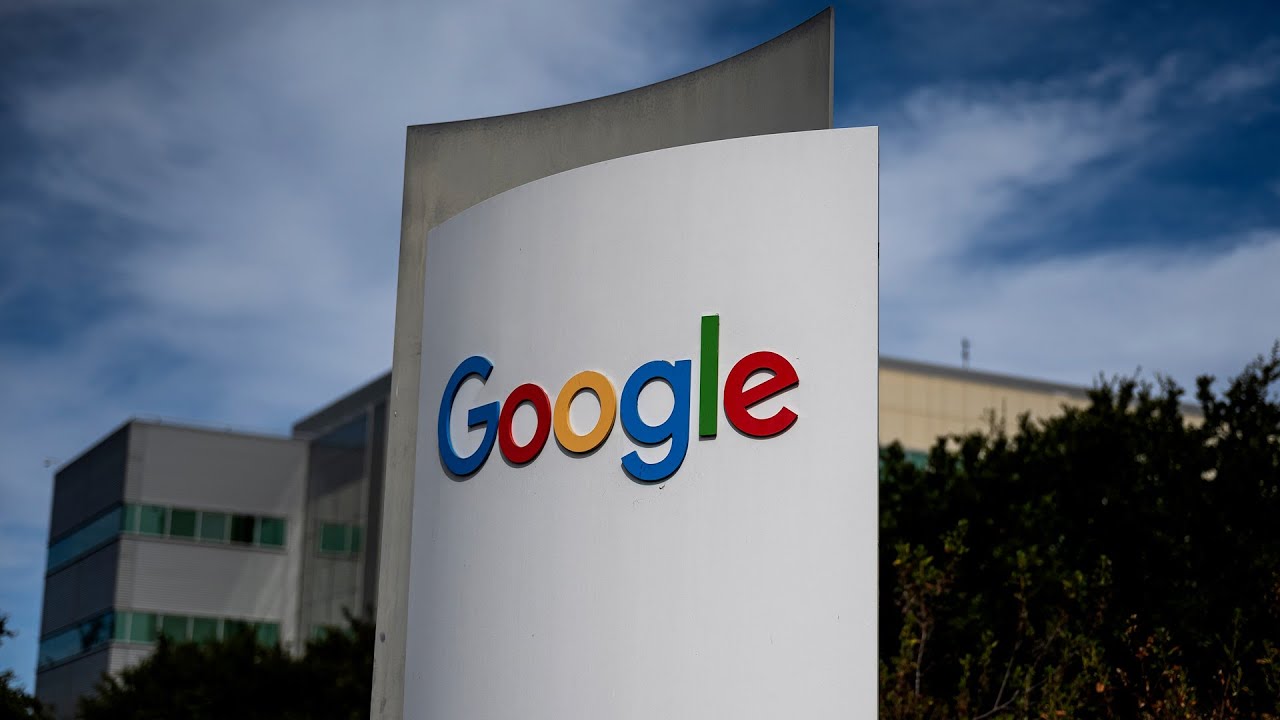Google researchers have introduced the AI Co-Scientist, an innovative system designed to assist scientists by generating and refining research hypotheses over weekends, allowing researchers to focus on personal commitments. This collaborative tool aims to enhance productivity and streamline the research process, while also addressing concerns about the reliability of generative AI through community feedback and testing.
In a recent Google Health event, researchers introduced an innovative AI system known as the AI Co-Scientist, designed to collaborate with scientists in their research endeavors. The system allows researchers to input their ideas and receive a variety of potential approaches over a weekend, enabling them to focus on personal commitments while the AI generates and refines hypotheses. This collaborative model aims to enhance the research process by providing scientists with a range of options to explore when they return to their work.
The AI Co-Scientist operates through a multi-agent model that generates diverse ideas, akin to a child’s open-ended creativity. It utilizes databases and tools to refine these ideas over time, employing competition among generated hypotheses to improve their quality. This evolutionary process allows the AI to produce numerous viable research avenues, which scientists can then pursue, ultimately streamlining their workflow and enhancing productivity.
One notable example of the AI’s application is its collaboration with Imperial College London on antimicrobial research. The AI identified relevant papers and facilitated communication with researchers who were investigating similar problems. Remarkably, the AI’s findings aligned with years of research conducted by these scientists, demonstrating the system’s potential to accelerate discovery and validate hypotheses quickly.
Despite the excitement surrounding the AI Co-Scientist, there is some skepticism within the scientific community regarding the reliability of generative AI models. Researchers acknowledge that while no model is perfect, they are actively working to address limitations by incorporating novelty checks, literature reviews, and community feedback. A trusted tester program has been established to gather insights from users, ensuring the system evolves to meet the needs of the scientific community effectively.
The demand for the AI Co-Scientist has been overwhelming, with thousands of requests for access through the trusted tester program. Google aims to provide this tool at no cost to scientists across various domains, emphasizing that the focus should remain on optimizing researchers’ time and productivity. The AI Co-Scientist is not intended to replace scientists but to complement their work, facilitating faster breakthroughs and enhancing the overall research experience.
